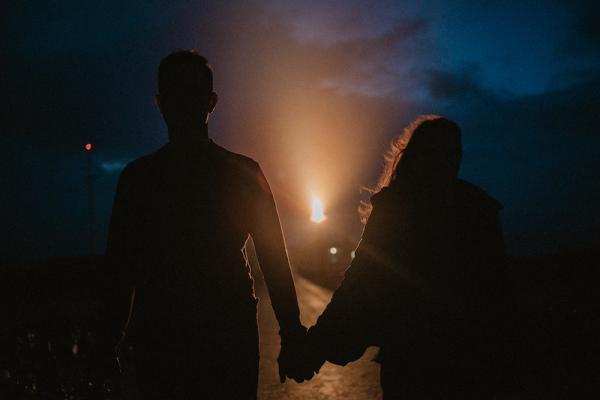Mar 6, 2020
America is fighting to figure out who we are. We are unmasking terrible truths, coming to terms with racist and oppressive ideals that have long been part of our foundations, and asking what change is supposed to look like.
Read the Full Article

Already a subscriber? Login
